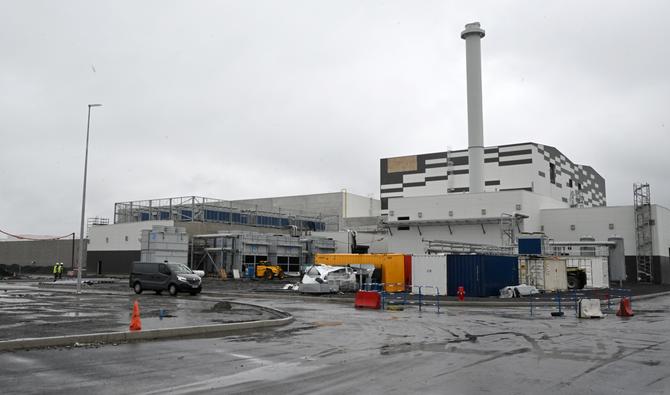The first factory producing batteries for electric cars in France was inaugurated on Tuesday in the north of the country, a key step towards a profound industrial metamorphosis aimed at catching up with Chinese manufacturers.
“It is the first time in decades that we have recreated an industrial sector in France from almost nothing”, underlines Bercy.
And the Automotive CellS company (ACC) factory, a joint venture between Stellantis, Total and Mercedes, is “the first visible brick”.
Economy Minister Bruno Le Maire is expected in Billy-Berclau (Pas-de-Calais) on Tuesday, alongside Energy Transition Minister Agnès Pannier-Runacher, Industry Minister Roland Lescure, and officials Italians and Germans.
The CEOs of Mercedes, Stellantis and TotalEnergies – a few days after the group’s stormy general assembly – will also be present for the inauguration with great fanfare of this “gigafactory” with indeed gigantic dimensions: 640 meters long, for 100 meters wide. wide.
Huge connected machines will flatten, cut, stack aluminum sheets coated with a paste of rare minerals, the base of these battery cells, which will then be assembled and filled with electrolyte by workers in white coats in immaculate rooms.
Production should start in the summer and marketing at the end of 2023.
Countering China
The moment is solemn because it symbolizes the forced march of the automotive sector towards electrification, with the backing of public aid, to prepare for the ban on internal combustion engines in the European Union from 2035.
The ACC group, which sees itself as an “Airbus of the battery”, will be one of the first to produce in Europe.
It will be followed by four other battery factories in France, all located in Hauts-de-France, where an ecosystem is emerging that elected officials and industrialists have called “Battery Valley”.
The Sino-Japanese group AESC-Envision, near Douai (North) intends to supply Renault Electricity from the beginning of 2025, the Grenoble start-up Verkor will produce from mid-2025 in Dunkirk, and the Taiwanese group ProLogium aims to enter production at the end of 2026 for its first factory abroad.
In total, around fifty projects of this type have been announced at European level in recent years.
The stakes are high: not to leave Europe at the mercy of Asian suppliers, and particularly Chinese ones, who are 10 to 20 years ahead in this field.
The French government has set itself the goal of producing two million electric vehicles per year in France by 2030, underlines Bercy, estimating that ACC alone should by this date produce enough to equip 500,000 vehicles each year.
Social Challenge
France aims to supply its auto industry with enough batteries assembled in the country by 2027 – and even export French batteries thereafter.
But it remains handicapped by the price of its energy, compared to China or the United States, which massively subsidize this industry.
A sign of public support, out of the seven billion euros of investment represented by the various ACC sites – in addition to its factory in Billy-Berclau, a research center in Charente, and two future factories planned in Germany and Italy – the group received more than 1.2 billion in public funds, including 845 million euros in French aid.
But the lithium-ion technology used on the first line of ACC remains greedy in strategic metals whose supply chain is largely dominated by China – lithium, nickel or manganese.
The transition also represents a major social challenge, with the announced disappearance of tens of thousands of jobs according to unions and employers’ organisations, while the Battery Valley must recruit and train more than 20,000 people in a few years.
The CGT of the Stellantis site in Douvrin, a neighbor of ACC and doomed to closure, has also planned to demonstrate on Tuesday morning against the “social damage” linked to electrification.
This article is originally published on arabnews.fr









